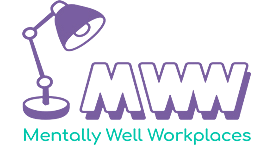What is psychological safety at work? And where do you begin building it?

Given the quickening pace of change and disruption and the need for creative, adaptive responses from teams at every level, psychological safety is more important than ever. The organisations that create psychological safety can reap many benefits, from improved innovation, experimentation, and agility to better overall organisational health and performance. As clear as this call to action may be, “How do we develop psychological safety?” and, more specifically, “Where do we start?”
What is psychological safety?
The term psychological safety was coined in 1999 by Amy Edmondson, a Harvard Business School professor of leadership and management. It refers to an environment where people feel safe to speak up, take risks, raise issues and concerns and provide honest feedback without feeling the fear of being judged or penalised. In such an environment, it is okay to make mistakes, provide necessary feedback to managers and leaders if required, be vulnerable and even suggest improvements as needed.
Psychological safety has rightly come to be understood as an imperative within workplaces. It significantly contributes to better decision-making, team-building and effectiveness, learning, employee retention, wellbeing and performance. Consequently, the lack of psychological safety at work carries risks. Do you understand the risks to your team, brand and productivity from a psychologically unsafe work environment?

Where do we start?
Psychological safety is now being regarded as a basic human need by social scientists. Feeling psychologically safe is central to people bringing their best to work, relationships and school. 89% of employees surveyed by McKinsey research said that psychological safety in the workplace is essential. Psychological safety at work needs to be fostered, practiced, and progressed by leaders and employers. Research shows that managers and people leaders have a profound effect on psychological safety and wellbeing at work.
A good place to start with building psychological safety at work is with building the knowledge, confidence and skills required to foster it. MWW’s psychological safety people leaders master class is a step-by-step 4-hour workshop that empowers leaders, supervisors and managers with the knowledge, skills, and tools required to demystify psychological safety at work and create a workplace where every voice is heard, valued, and respected.
Leaders Masterclass: Demystifying Psychological Health and Safety.
Participants will be equipped with foundational skills to identify, assess, and manage risks to psychological health and safety within their team.
You will also:
- Understand your legal obligations and how to comply with the SafeWork Australia code of practice.
- Identify psychosocial factors that have the potential to become hazards at work.
- Use the practical frameworks provided to effectively manage psychosocial risk and review the effectiveness of risk controls that you implement.
- Gain the tools to develop and maintain a –
- psychological health and safety integrated model for promoting positive mental health practice, preventing psychological harm and developing control measures.
- organisational data which can be monitored to assess risk to workers’ psychological health and safety.
- process for identifying and assessing psychosocial hazards and factors that can affect psychological health.
Find out more and book in your spot.
Training, coaching and a good org-wide strategy are essential tools to add to your psychological safety at work toolkit. A workplace culture that is inclusive, adaptive, dynamic and psychologically safe is achievable, especially if we all work together towards it. The benefits to employees and clients from a wellbeing-centered workplace culture are quite well-known and cannot be overstated.



































Responses